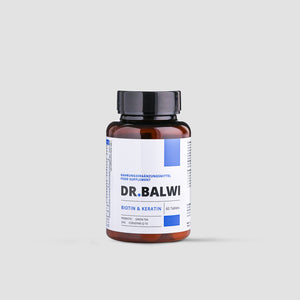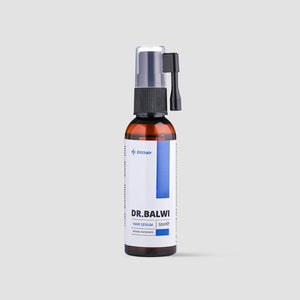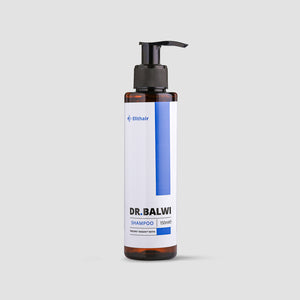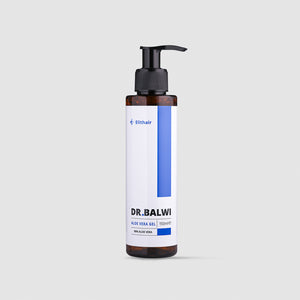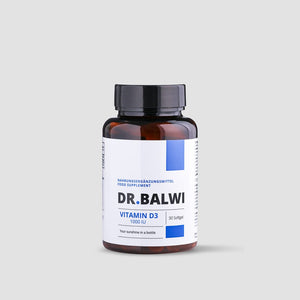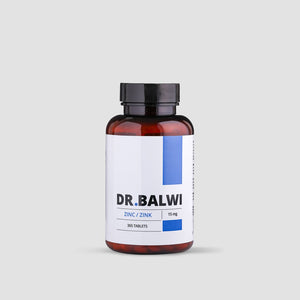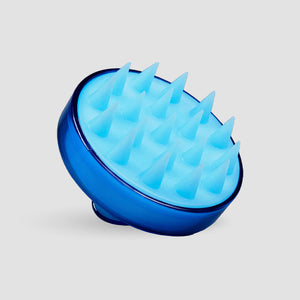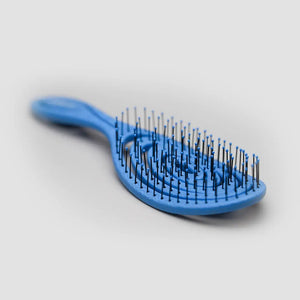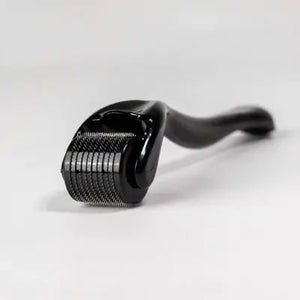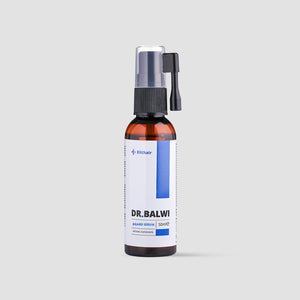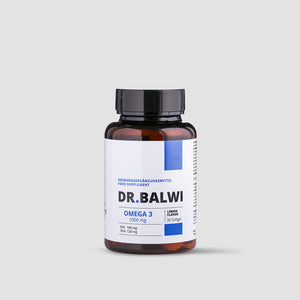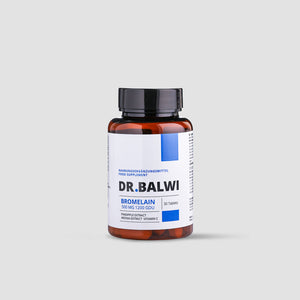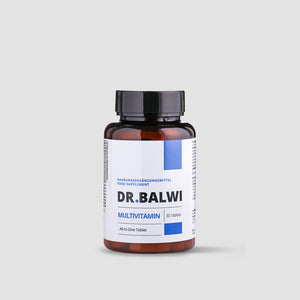
Hair loss due to aluminum poisoning
Your once thick and shiny hair is becoming increasingly thinner and is falling out in unnatural quantities. Your eating habits haven't changed, and you don't feel ill. The cause of your hair loss could be aluminum poisoning. But how does the metal enter your metabolism, and what can you do to detoxify and give your hair a new chance at strong growth? This article explores the effects of aluminum, the dangers it poses to your health, and its effects on your hair. It outlines prevention options and solutions for existing hair loss resulting from poisoning.
Table of contents
- Why hair loss occurs due to aluminum poisoning
- Cause research and diagnostics
- What effect does aluminum have on the human organism?
- Hair transplantation can help with hair loss caused by aluminum poisoning
- Diffuse hair loss is a sign of aluminum pollution in the body
Why hair loss occurs due to aluminum poisoning
Aluminum is not a biological substance and does not belong in the human bloodstream. Yet, in your everyday life, you come into contact with this chemical element, both consciously and unconsciously. While no longer in fashion today, until a few years ago it was an ingredient in deodorants and especially in deodorant sticks. For many years, you have been applying the metal to your skin, from where it passed through your pores into your metabolism and into your bloodstream. Even today, your home is not free of aluminum. Aluminum foil, cutlery, and many other everyday objects contain this dangerous and, in higher doses, toxic metal. But why does hair loss occur due to aluminum poisoning? Your body's defenses are busy healing the organism and keeping harmful substances out of your organs. With such a comprehensive task, there is hardly any time to protect the hair follicles, which, in cases of aluminum poisoning, are first deprived of nutrients and then die. You can live with the metal in your body for many years, but if it gets out of hand, reactions like hair loss can occur.
Cause research and diagnostics

You can't detect heavy metal poisoning by visual inspection. Besides hair loss, there are other symptoms you should recognize and consider in relation to a translucent scalp. A doctor can determine whether hair loss is caused by aluminum poisoning through a complete blood count. The diagnosis also reveals the severity of the poisoning, thus providing a basis for treatment. You absorb a large portion of aluminum directly through food. Since your intestines can only absorb a small amount, the remaining amount remains in the body and promotes illness. Diagnosis of your blood and scalp, as well as a hair analysis, provide information and form the basis for a change in diet and the urgently recommended detoxification program.
What effect does aluminum have on the human organism?

In large quantities, aluminum is toxic and leads to anemia. Oxygen-depleted blood transports only a few vital nutrients to the hair follicles, resulting in a deficiency. In the early stages, this condition manifests itself in brittle and fragile hair. If aluminum intake continues continuously, your hair will fall out in a diffuse form and in large quantities. The heavy metal also has a detrimental effect on your brain and bone structure. To break this cycle and halt hair loss caused by aluminum poisoning, you must stop consuming the metal and, ideally, avoid all foods and cosmetics containing aluminum. Aluminum has no natural function in your body. But it interrupts and slows down biological processes that are responsible for your well-being and the health of your cells – including your hair.
Hair transplantation can help with hair loss caused by aluminum poisoning

By the time of diagnosis, most sufferers have already undergone a long marathon of medical consultations without any results. Because the poisoning was only recognized late, it was able to spread unchecked and severely weaken the hair follicles. Bald and completely hairless patches often appear on the scalp before a doctor identifies the hair loss as being due to aluminum poisoning and recommends appropriate treatment.
To combat the effects of heavy metals in the body, you can opt for a PRP therapy and decide on a hair transplant. Since the scalp needs proper and vital blood supply, in this case a Combination of hair transplantation and autologous blood therapy recommended.
After a Healing phase Within three to six months, new hair will grow on the previously bald patches in the recipient area. To prevent further hair loss, you will be thoroughly informed at the hair clinic about the dangers of aluminum and the hidden heavy metals in food and cosmetics. Hair transplantation is the best option for removing traces of aluminum poisoning from your scalp.
Diffuse hair loss is a sign of aluminum pollution in the body
Diffuse hair loss is a common symptom of aluminum poisoning. However, diagnosing the cause requires experience and the expertise of a physician. If you notice increased, diffuse hair loss, you should not hesitate to address the issue of heavy metals yourself.
If left untreated, the poisoning leads to complete baldness and serious illnesses. The sooner you act, the better the aluminum can be removed through detoxification. There's no cure for hair loss caused by aluminum poisoning. However, you can find help at a reputable hair clinic and have your own hair implanted.
The treatment team recommends detoxification prior to the hair transplant so that your body can focus on healing without stress after the hair transplant and boost your immune system for rapid results. If you suspect aluminum exposure, talk to your doctor and request a blood test. You will also undergo a comprehensive examination and testing at the hair clinic.

